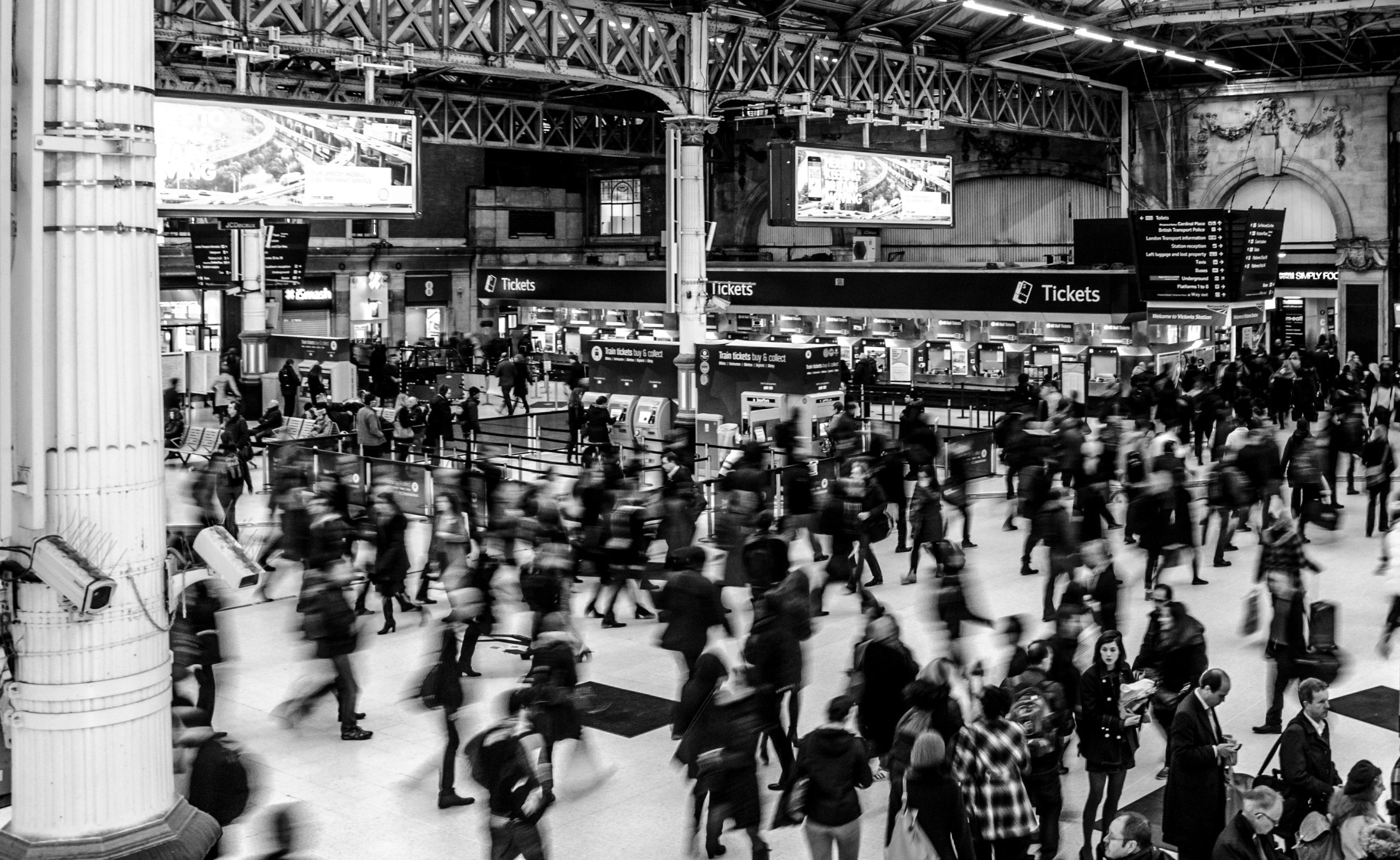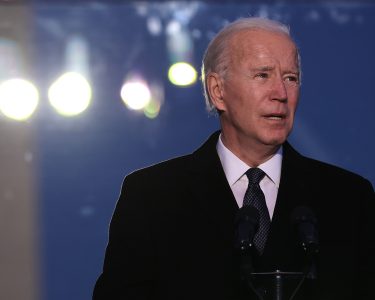The United States has experienced significant population growth throughout its history, but in recent years, the rate of growth has slowed. While the issue of population growth may not seem directly related to politics, it has important implications for the country’s social and economic policies.
Population growth has a direct impact on the labor force and economic growth. A larger population means more people are available to work and contribute to the economy. However, if the population grows too quickly, it can put a strain on resources, infrastructure, and social programs. It can also contribute to issues such as overcrowding, traffic congestion, and environmental degradation.
In the United States, population growth has been driven largely by immigration. The country has a long history of immigration, and immigrants have contributed significantly to its economic growth and cultural diversity. However, immigration policy has become a contentious issue in recent years, with debates over border security, the Deferred Action for Childhood Arrivals (DACA) program, and the proposed wall along the U.S.-Mexico border.
Immigration policy is not only a social and moral issue but also has important economic implications. A report by the National Academies of Sciences, Engineering, and Medicine found that immigrants contribute significantly to the economy, but also highlighted the need for policies to address the negative impacts of immigration on certain sectors, such as low-skilled workers.
Population growth also has important implications for social programs such as Social Security and Medicare. These programs rely on a growing number of workers to fund benefits for retirees. However, as the population ages and the birth rate declines, the ratio of workers to retirees is decreasing. This puts a strain on the programs and has led to debates over how to reform them to ensure their long-term sustainability.
The issue of population growth also intersects with environmental policy. As the population grows, so does the demand for resources and the impact on the environment. Climate change, pollution, and the loss of natural habitats are all exacerbated by population growth. This has led to debates over the need for sustainable development and policies to address the impact of human activity on the environment.
The issue of population growth is not a new one, but it remains relevant today. While the rate of growth in the United States has slowed, it is still an important factor in social and economic policy. As the country continues to debate issues such as immigration, social programs, and environmental protection, population growth will remain a key consideration.
Policymakers must balance the economic benefits of population growth with the need to address the negative impacts on resources, infrastructure, and social programs. They must also consider the impact of population growth on the environment and work to develop sustainable policies that address the impact of human activity on the planet.
The future of population growth in the United States is uncertain, but one thing is clear: it will continue to be a key consideration in the country’s social and economic policies. As the world becomes more interconnected, the issue of population growth will also have implications for global politics and international relations.




